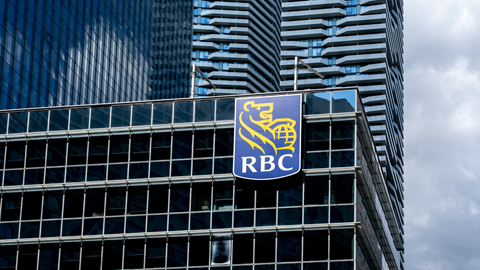Recently, we sat in at two oil and gas AGMs waiting to ask some important questions. Unfortunately, it wasn’t a surprise when the recipients dodged them. It only furthered our increasing sense that Canada has an auditor problem.
Auditors are there for an important reason: to ensure trust, quality, and validity for financial statements, which gets at the heart of company valuations, or an accurate picture of what a company is worth.
Auditors are like financial detectives. When a company is publicly traded it has to follow rules about how it reports its finances. Auditors check companies’ annual reports to confirm they’re accurate, built on strong data, and have legitimate underlying assumptions. It’s more than just checking that no one’s cooked the books; this is about looking at the details, ensuring risks are not downplayed, and helping to keep shareholders from paying the price of being oversold or under prepared for any financial repercussions.
If auditors aren’t doing their job properly, tens of billions are at risk, with everyone from major investors to RRSP holders having a stake. Auditors help prevent fraud, protect investors, and make sure the business world runs smoothly.
This is why at AGMs auditors are elected by shareholders. Ultimately, that is who they are accountable to.
Dodging Questions
At the AGMs of Suncor and CNRL, audited by KPMG and PwC respectively, we pushed both the auditors and company management to explain why they didn’t address the growing uncertainty around these companies’ total clean-up costs and how they are accounting for energy transition risks. These questions were based on detailed briefs we sent to dozens of those companies’ investors (that you can find here and here).
Credible estimates suggest Suncor and CNRL may face liabilities far greater than they acknowledge in their financials, potentially tens of billions of dollars higher. The massive clean-up bill that oil and gas companies have racked up is a serious controversy in Alberta. If companies aren’t assessing and budgeting for these clean ups properly, shareholders have an inaccurate accounting of how much these companies are worth.
There is also growing investor awareness of stranded asset risk, meaning the risk that oil and gas infrastructure loses its value much earlier than expected due to changes in global energy demand. How long will they have adequate cash flow to deal with these very long-lived liabilities? If companies over-estimate that time, they could face a cash crunch – and loss of valuation – to fulfill legal clean up duties.
As these companies’ annual reports provide almost no detail on this issue, it seemed prudent we ask. But instead of providing straightforward answers, both the auditors and the company executives dodged our questions, offering vague responses or deflecting entirely. Their avoidance warrants serious concerns about both transparency and accountability of the audits performed on public companies. If auditors are unwilling to meaningfully engage with legitimate investor concerns, what does that say about their role in ensuring financial accuracy and risk assessment?
O&G Audits Not Doing Enough
When we took a close look at the audits of Canada’s two largest oil and gas companies, we found a lack of detail and uncertainty related to both oil and gas liabilities and the energy transition that the auditors failed to question.
This isn’t just our opinion – International Financial Reporting Standards and guidance from Canada’s Public Accountability Board stipulates that material climate-related risks should be reflected in financial statements, and thus by extension audit reports. Yet neither auditor mentioned whether they looked at or scrutinized key assumptions tied to net-zero commitments, climate policy, and long-term viability.
Next Steps
It’s not as if a precedent doesn’t exist globally to do so: Shell’s disclosures, and audits by EY, Deloitte, and even PwC (in its audit of Eni) demonstrate that it is both possible and necessary to provide robust climate-related financial assurance.
This issue has major implications for our economy and Canadians at large: Are oil and gas companies potentially minimizing their risks and thereby putting shareholders at risk?
As a result, we’ve submitted a letter to the Canadian Public Accountability Board, Canada’s independent, public company audit regulator, requesting file inspections of the most recent KPMG audit of Suncor and PwC audit of CNRL in order to assess potential gaps in assurance related to liabilities accounting and assumptions regarding the energy transition.
Our work with the auditors of Canada’s oil and gas companies doesn’t stop here. We are continuing to engage with auditors, investors, and standard setters through research and advocacy to ensure that investors have access to the information they need. We didn’t go so far this year as to recommend that shareholders “vote no” to the election of KPMG and PwC at Suncor and CNRL, respectively, but without improvement in their performance, investors may need to express their displeasure at the Spring 2026 AGMs.



